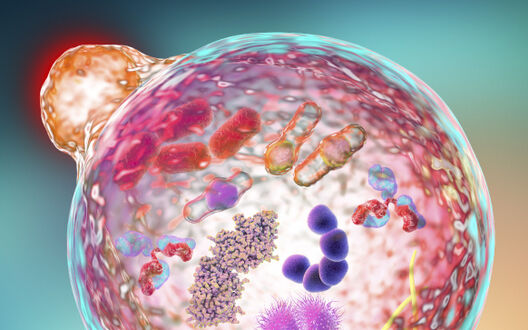Grantee in the News: Ozioma Okonkwo on exercise protecting against Alzheimer's disease in TIME
On June 26, 2017, TIME Health featured research co-authored by 2013 Paul B. Beeson Emerging Leaders Career Development Award in Aging scholar, Ozioma Okonkwo, PhD on moderate physical activity improving healthy patterns of glucose metabolism in brains of older adults.
Originally published in the June issue of the National Center for Biotechnology Information, the study, Moderate Physical Activity is Associated with Cerebral Glucose Metabolism in Adults at Risk for Alzheimer's Disease, observed 93 healthy adults who were around 64 years old and high-risk for Alzheimer’s disease.
Dr. Okonkwo and fellow researchers found that those who spent at least 68 minutes a day engaged in moderate levels of physical activity had better glucose metabolism in several brain regions associated with Alzheimer’s Disease than those who spent less time doing so.
Dr. Okonkwo explains: “We’re showing now that a moderate-intensity active lifestyle actually boosts neuronal function. I don’t think it’s too much of a leap to make the argument that this probably is one of the pathways through which exercise prevents cognitive decline in middle life.”
The TIME Health article can be viewed here.
The National Center for Biotechnology Information journal is only accessible with a subscription, but an abstract of the study is available here.
Ozioma Okonkwo, PhD is an Assistant Professor of medicine at the University of Wisconsin School of Medicine and Public Health.
For more insights on the effect of exercise on cognition, we encourage you to explore AFAR Scientific Director Steven Austad’s Huffington Post 50 blog post “How to Keep Your Brain Sharp” here.










